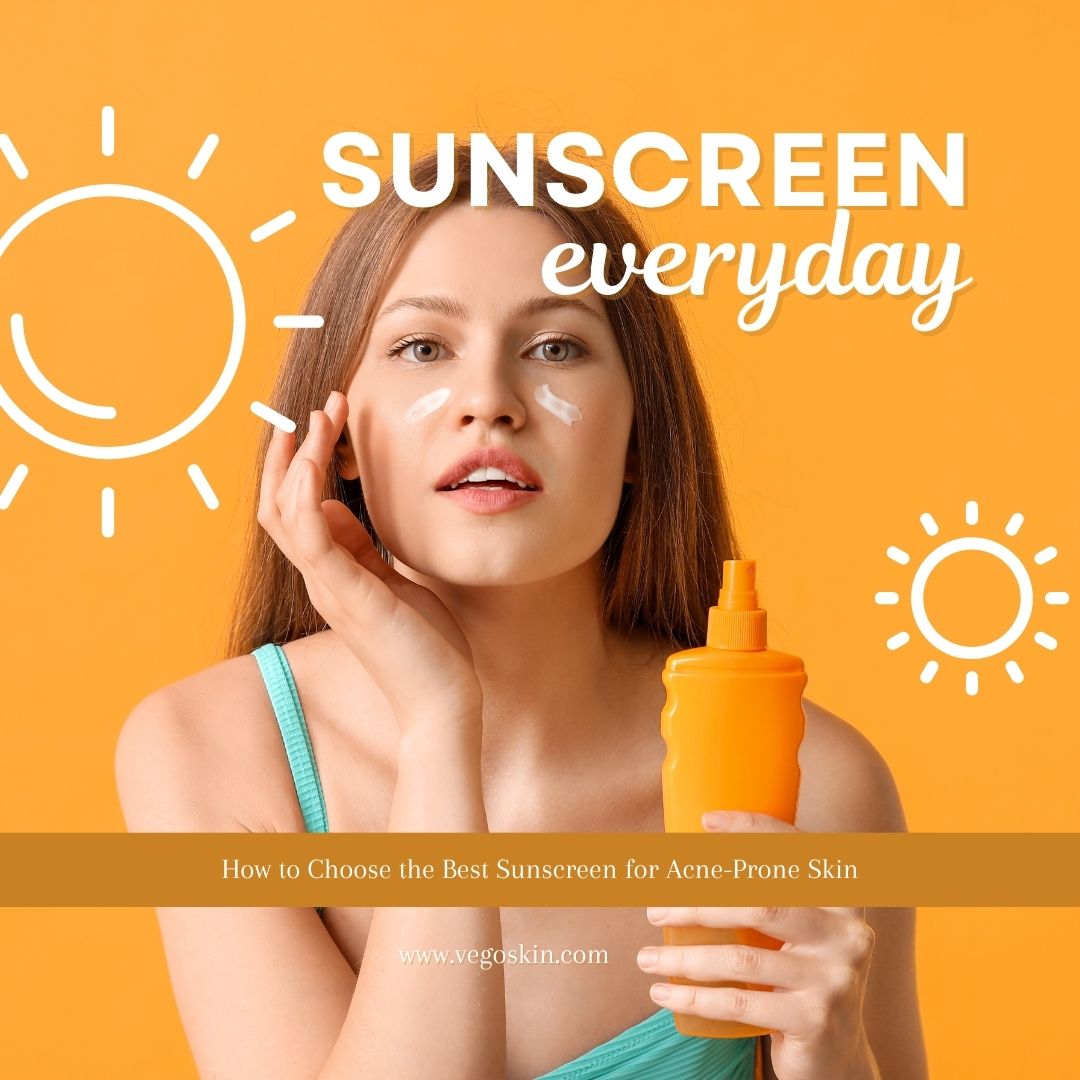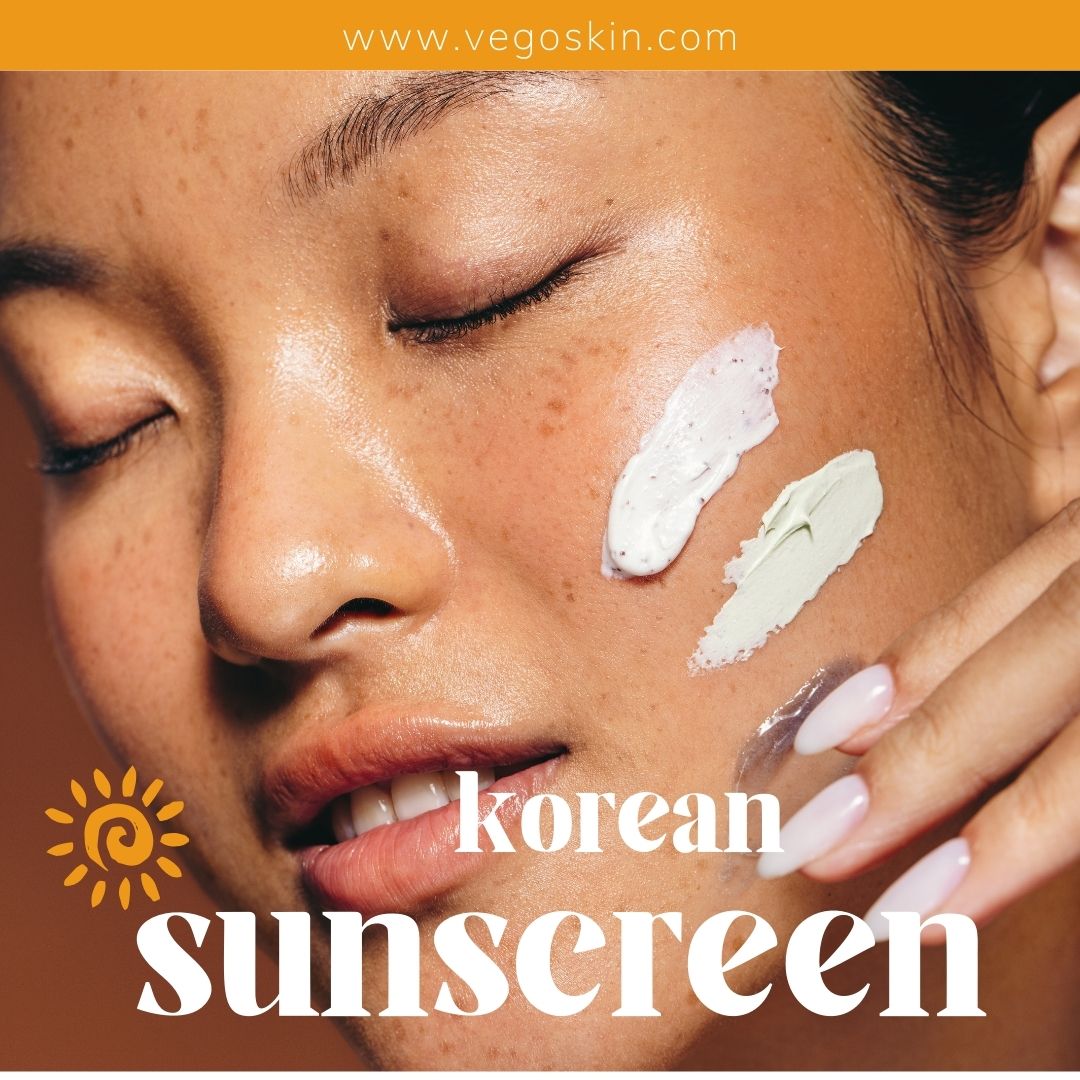How to Choose the Best Sunscreen for Acne-Prone Skin
Finding the perfect sunscreen for acne-prone skin can feel like navigating a minefield. You want protection from harmful UV rays, but the last thing you need is a product that clogs pores, triggers breakouts, or leaves your skin feeling greasy. With so many options on the market, choosing the right sunscreen requires understanding your skin’s unique needs and knowing what ingredients and formulations work best. In this comprehensive guide, we’ll explore everything you need to know about selecting the best sunscreen for acne-prone skin, from key ingredients to application tips, to help you achieve a clear, protected complexion.
Why Sunscreen Is Essential for Acne-Prone Skin
Sunscreen isn’t just about preventing sunburn or premature aging—it’s a critical step in managing acne-prone skin. UV exposure can worsen acne by increasing inflammation, triggering excess oil production, and causing post-inflammatory hyperpigmentation (those stubborn dark spots left after a breakout). According to the American Academy of Dermatology, daily sunscreen use can help protect your skin from these issues, making it a non-negotiable part of your skincare routine.
For acne-prone skin, the challenge lies in finding a formula that provides broad-spectrum protection (against both UVA and UVB rays) without exacerbating breakouts. Heavy, greasy sunscreens can clog pores, while certain chemical filters might irritate sensitive skin. This is why knowing how to choose the best sunscreen for acne-prone skin is important— balancing sun protection with skin health.
Understanding Acne-Prone Skin
Before diving into sunscreen selection, let’s take a moment to understand acne-prone skin. This skin type is characterized by excess oil production, clogged pores, and a propensity for breakouts, including blackheads, whiteheads, and cystic acne. Factors like hormones, stress, and improper skincare can contribute to acne, and external aggressors like UV rays can make things worse.
Acne-prone skin is often sensitive, meaning it reacts to harsh ingredients or heavy textures. When choosing a sunscreen, you’ll want to prioritize lightweight, non-comedogenic (won’t clog pores) formulas that won’t irritate or overwhelm your skin. Let’s break down the key factors to consider when learning how to choose the best sunscreen for acne-prone skin.
Key Ingredients to Look for in Sunscreens
When shopping for sunscreen, the ingredient list is your best friend. Here are the top ingredients to look for—and some to avoid—when selecting a sunscreen for acne-prone skin:
1. Non-Comedogenic Ingredients
Non-comedogenic sunscreens are formulated to avoid clogging pores, making them ideal for acne-prone skin. Look for labels that explicitly state “non-comedogenic” or “oil-free.
2. Mineral (Physical) Sunscreen Filters
Mineral sunscreens, which use zinc oxide or titanium dioxide, sit on top of the skin to reflect UV rays rather than absorbing them. These are often better for acne-prone skin because they’re less likely to irritate or cause sensitivity compared to chemical filters like avobenzone or oxybenzone. According to Healthline, mineral sunscreens are a go-to for sensitive, acne-prone skin types.
3. Mattifying Agents
Sunscreens with mattifying ingredients like silica or kaolin can help control excess oil, reducing shine and preventing clogged pores. These are especially helpful if your skin tends to look greasy by midday.
4. Anti-Inflammatory Ingredients
Ingredients like niacinamide, green tea extract, or aloe vera can soothe inflammation and redness, which are common in acne-prone skin. Niacinamide, in particular, is a multitasker that reduces oil production, calms irritation, and helps fade dark spots.
5. Lightweight Hydrators
Acne-prone skin still needs hydration, but heavy moisturizers can feel suffocating. Look for sunscreens with lightweight hydrating ingredients like hyaluronic acid or glycerin to keep your skin balanced without adding greasiness.
Ingredients to Avoid
- Heavy Oils: Ingredients like mineral oil or coconut oil can clog pores and trigger breakouts.
- Fragrances: Artificial fragrances can irritate sensitive, acne-prone skin.
- Alcohol: High concentrations of denatured alcohol can dry out your skin, leading to increased oil production and potential breakouts.
- Certain Chemical Filters: Oxybenzone and octinoxate may irritate sensitive skin, so patch-test chemical sunscreens before full use.
Types of Sunscreens for Acne-Prone Skin
Sunscreens come in various forms, and the right one for you depends on your skin’s needs and lifestyle. Here’s a breakdown of the best options for acne-prone skin:
1. Mineral Sunscreens
As mentioned, mineral sunscreens are often the best choice for acne-prone skin. They’re gentle, less likely to irritate, and provide immediate protection upon application. Brands like EltaMD offer mineral sunscreens specifically designed for acne-prone skin, with added benefits like niacinamide for oil control.
2. Gel-Based Sunscreens
Gel sunscreens are lightweight and absorb quickly, making them ideal for oily, acne-prone skin. They leave a matte finish and won’t feel heavy or sticky. Look for gel formulas with SPF 30 or higher for adequate protection.
3. Fluid or Serum Sunscreens
Fluid or serum sunscreens have a runny, lightweight texture that feels like a skincare product rather than a traditional sunscreen. These are great for layering under makeup and won’t clog pores.
4. Tinted Sunscreens
Tinted mineral sunscreens offer the added benefit of covering redness or acne scars while providing sun protection. They’re a great multitasking option for those who want light coverage without the heaviness of foundation.
5. Powder Sunscreens
For touch-ups throughout the day, powder sunscreens are a game-changer. They’re easy to apply over makeup, control oil, and provide additional SPF protection. Brands like Colorescience offer powder sunscreens that are perfect for acne-prone skin.
How to Choose the Best Sunscreen for Acne-Prone Skin: Practical Tips
Now that you know the key ingredients and types of sunscreens, here are some practical tips to guide your decision:
1. Check the SPF Rating
The Skin Cancer Foundation recommends using a broad-spectrum sunscreen with at least SPF 30 for daily use. For extended sun exposure, consider SPF 50 or higher. Higher SPF doesn’t mean significantly more protection, but it can offer a slight edge for acne-prone skin prone to hyperpigmentation.
2. Patch-Test New Products
Acne-prone skin is often sensitive, so always patch-test a new sunscreen on a small area (like behind your ear) before applying it to your face. This helps you avoid potential irritation or breakouts.
3. Look for Multi-Tasking Formulas
Sunscreens that combine sun protection with skincare benefits—like oil control, hydration, or redness reduction—are ideal for acne-prone skin. These streamline your routine and reduce the risk of layering too many products, which can clog pores.
4. Consider Your Lifestyle
If you’re active or sweat a lot, choose a water-resistant sunscreen. If you wear makeup, opt for a sunscreen that doubles as a primer or has a matte finish to prevent pilling.
5. Read Reviews and Consult Experts
Before purchasing, read reviews from others with acne-prone skin to see how a product performs. You can also consult a dermatologist for personalized recommendations, especially if you’re using prescription acne treatments like retinoids or benzoyl peroxide.
Application Tips for Acne-Prone Skin
Even the best sunscreen won’t work if you’re not applying it correctly. Here’s how to ensure you’re getting the most out of your sunscreen:
- Apply Enough: Use about a nickel-sized amount (or two finger-lengths) for your face and neck. Most people underapply, which reduces protection.
- Layer Properly: Apply sunscreen as the last step in your skincare routine, after cleanser, toner, and moisturizer. If you’re using acne treatments, apply them first and let them absorb before adding sunscreen.
- Reapply Every 2 Hours: If you’re outdoors, reapply sunscreen every two hours or after swimming or sweating. Powder sunscreens or SPF mists are great for reapplication over makeup.
- Don’t Skip It: Even on cloudy days, UV rays can penetrate your skin and worsen acne. Make sunscreen a daily habit, regardless of the weather.
For more application tips, check out this guide from WebMD.
Top Sunscreen Recommendations for Acne-Prone Skin
While everyone’s skin is different, here are some dermatologist-recommended sunscreens that consistently perform well for acne-prone skin:
- EltaMD UV Clear Broad-Spectrum SPF 46: A mineral-based sunscreen with niacinamide to calm inflammation and control oil. It’s lightweight and non-greasy, making it perfect for daily use.
- La Roche-Posay Anthelios Clear Skin SPF 60: This oil-free, mattifying sunscreen is water-resistant and ideal for oily, acne-prone skin.
- Neutrogena Clear Face SPF 55: A non-comedogenic chemical sunscreen that’s lightweight and won’t cause breakouts.
- Supergoop! Unseen Sunscreen SPF 40: A clear, gel-like sunscreen that doubles as a makeup primer and leaves no white cast.
- Colorescience Sunforgettable Total Protection Brush-On Shield SPF 50: A powder sunscreen perfect for reapplication and oil control.
Always check the latest reviews and product formulations, as brands may update their ingredients over time.
Common Mistakes to Avoid
When learning how to choose the best sunscreen for acne-prone skin, it’s easy to fall into some common traps. Here are a few mistakes to steer clear of:
- Choosing Based on Price Alone: High-end doesn’t always mean better. Focus on ingredients and reviews rather than brand name or cost.
- Skipping Sunscreen Due to Breakouts: If a sunscreen causes breakouts, switch to a different formula rather than skipping SPF altogether.
- Not Cleansing Properly: Sunscreen can build up and clog pores if not removed thoroughly. Use a gentle, non-comedogenic cleanser at the end of the day, like one from CeraVe.
- Ignoring Expiration Dates: Sunscreens lose efficacy over time. Check the expiration date and store your sunscreen in a cool, dry place.
The Role of Sunscreen in Your Skincare Routine
Sunscreen is just one part of a balanced skincare routine for acne-prone skin. To maximize its benefits, pair it with other acne-friendly products:
- Cleanser: Use a gentle, non-stripping cleanser twice daily to remove dirt, oil, and sunscreen residue.
- Exfoliant: Incorporate a chemical exfoliant (like salicylic acid) 2-3 times a week to unclog pores, but avoid over-exfoliating, which can irritate skin.
- Moisturizer: Even oily skin needs hydration. Choose a lightweight, non-comedogenic moisturizer to keep your skin barrier healthy.
- Treatments: If you’re using acne treatments, apply them at night to avoid interactions with sunscreen or UV exposure.
For a complete skincare routine guide, visit Byrdie.
Final Thoughts on How to Choose the Best Sunscreen for Acne-Prone Skin
Choosing the best sunscreen for acne-prone skin doesn’t have to be overwhelming. By prioritizing non-comedogenic, lightweight formulas with skin-soothing ingredients, you can protect your skin from UV damage without triggering breakouts. Whether you opt for a mineral sunscreen, a gel-based formula, or a tinted option, the key is to find a product that feels good on your skin and fits seamlessly into your routine.
Take the time to experiment with different sunscreens, read reviews, and consult a dermatologist if you’re unsure. With the right sunscreen, you can shield your skin from the sun, reduce acne-related inflammation, and prevent dark spots—all while keeping your complexion clear and healthy. So, go ahead and make sunscreen your skin’s new best friend!



